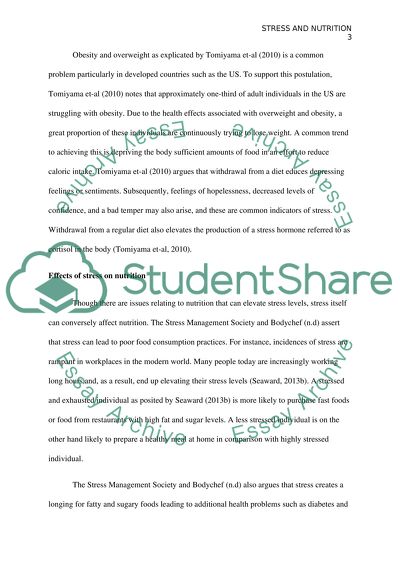Cite this document
(“Stress Management Assignment Example | Topics and Well Written Essays - 1750 words”, n.d.)
Stress Management Assignment Example | Topics and Well Written Essays - 1750 words. Retrieved from https://studentshare.org/health-sciences-medicine/1666004-stress-management
Stress Management Assignment Example | Topics and Well Written Essays - 1750 words. Retrieved from https://studentshare.org/health-sciences-medicine/1666004-stress-management
(Stress Management Assignment Example | Topics and Well Written Essays - 1750 Words)
Stress Management Assignment Example | Topics and Well Written Essays - 1750 Words. https://studentshare.org/health-sciences-medicine/1666004-stress-management.
Stress Management Assignment Example | Topics and Well Written Essays - 1750 Words. https://studentshare.org/health-sciences-medicine/1666004-stress-management.
“Stress Management Assignment Example | Topics and Well Written Essays - 1750 Words”, n.d. https://studentshare.org/health-sciences-medicine/1666004-stress-management.


